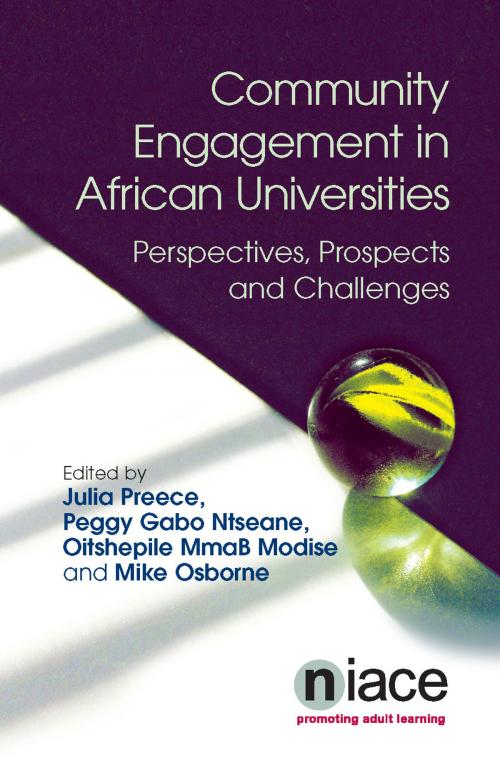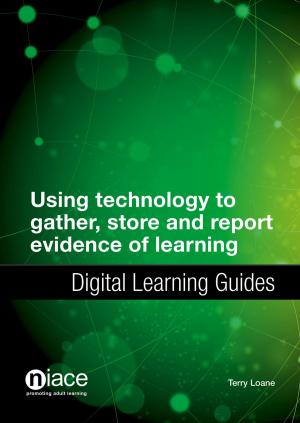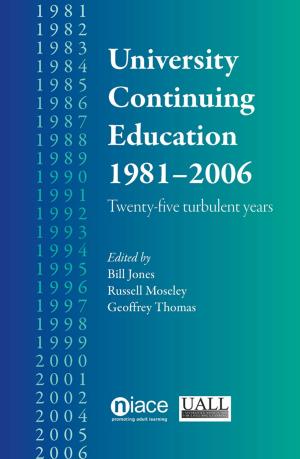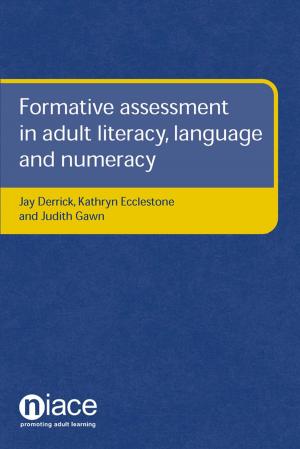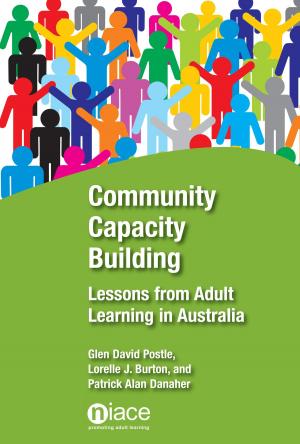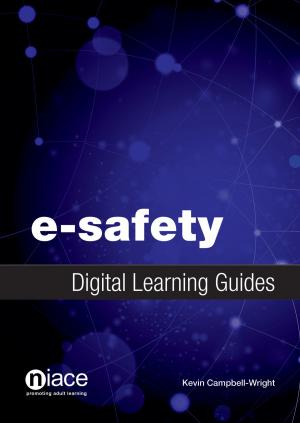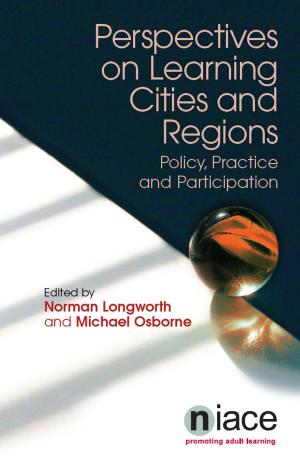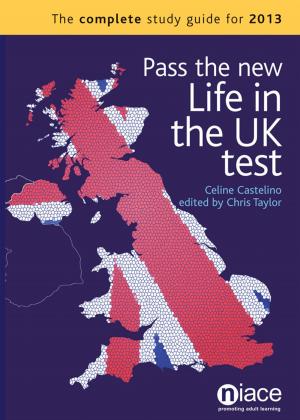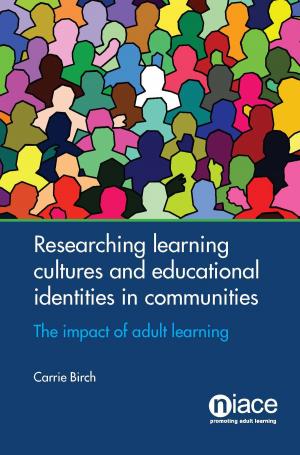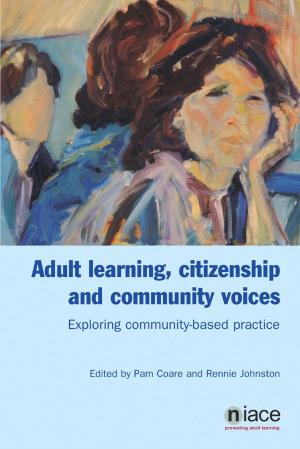Community Engagement in African Universities
Nonfiction, Reference & Language, Education & Teaching, Educational Theory, Adult & Continuing Education, Administration| Author: | Julia Preece, Peggy Gabo Ntseane, Oitshepile MmaB Modise | ISBN: | 9781862016019 |
| Publisher: | National Institute of Adult Continuing Education (NIACE) | Publication: | October 31, 2012 |
| Imprint: | National Institute of Adult Continuing Education | Language: | English |
| Author: | Julia Preece, Peggy Gabo Ntseane, Oitshepile MmaB Modise |
| ISBN: | 9781862016019 |
| Publisher: | National Institute of Adult Continuing Education (NIACE) |
| Publication: | October 31, 2012 |
| Imprint: | National Institute of Adult Continuing Education |
| Language: | English |
The most dominant voices for university engagement emanate from the USA, Australia and countries in Europe. Nevertheless, community engagement has a long tradition in African universities, although that tradition has been constrained by the fluctuating conditionalities of development funding agendas. Community Engagement in African Universities provides a historical and contemporary context for universities in Anglophone-speaking Africa, presenting the socio-economic realities of different national contexts which frame the variety of debates about community engagement on the continent. It includes empirical findings of research initiatives as well as speculative concerns about the role of community and regional engagement and its relationship to service learning in particular universities, thus presenting a variety of positions and perspectives to stimulate further debates. The text will be of interest to researchers and students of community engagement and the role of higher education, policy-makers and planners.
The most dominant voices for university engagement emanate from the USA, Australia and countries in Europe. Nevertheless, community engagement has a long tradition in African universities, although that tradition has been constrained by the fluctuating conditionalities of development funding agendas. Community Engagement in African Universities provides a historical and contemporary context for universities in Anglophone-speaking Africa, presenting the socio-economic realities of different national contexts which frame the variety of debates about community engagement on the continent. It includes empirical findings of research initiatives as well as speculative concerns about the role of community and regional engagement and its relationship to service learning in particular universities, thus presenting a variety of positions and perspectives to stimulate further debates. The text will be of interest to researchers and students of community engagement and the role of higher education, policy-makers and planners.
